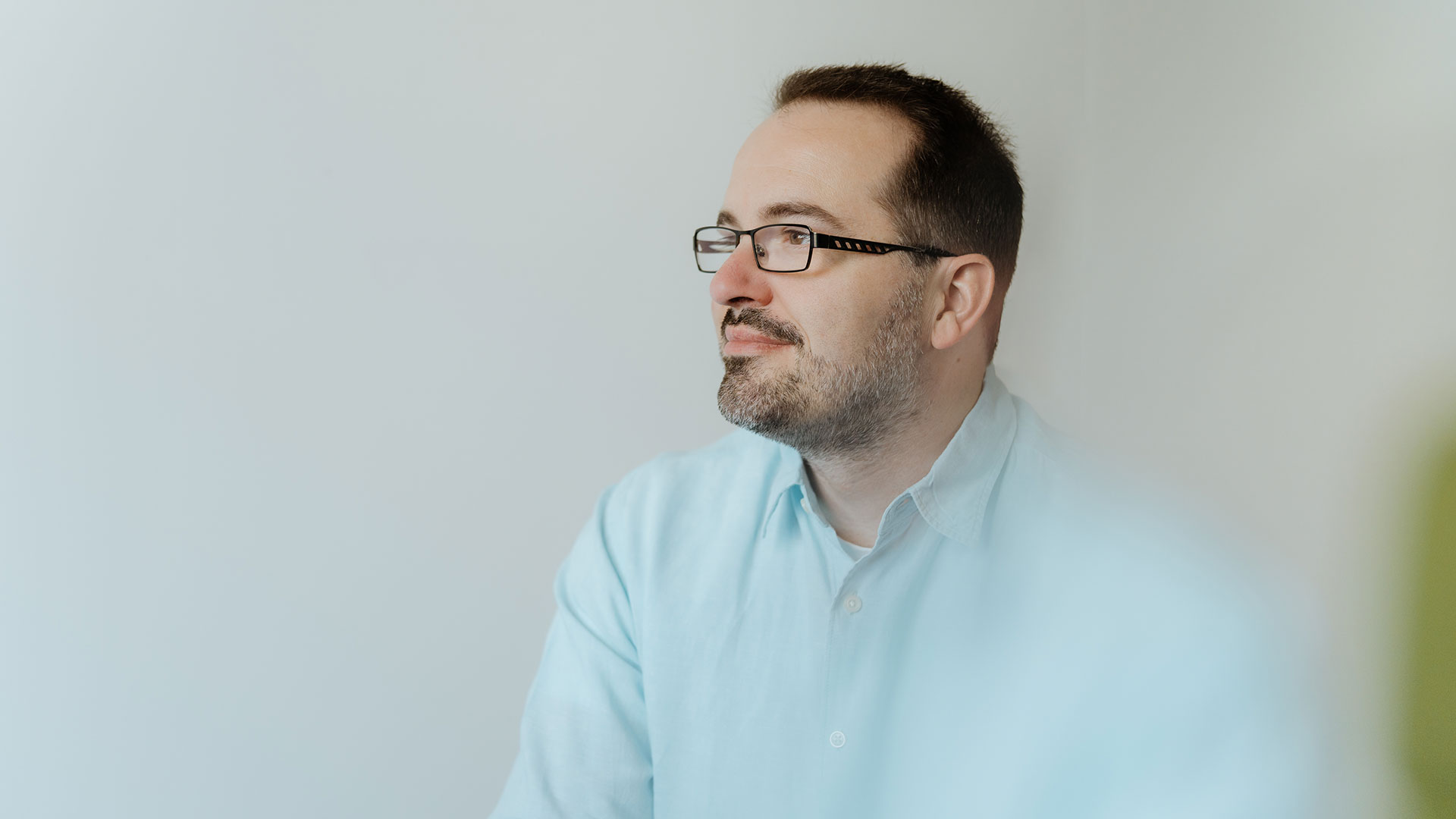Gerd Unkelbach will be the first to admit that he is not a patient man.
“I want to see results immediately,” he chuckles.
It is an ironic statement coming from a person who has had to bide his time, waiting for the world to catch up to the idea that sustainable solutions – in his case, sustainable chemicals and polymers – are not just interesting, but critical to our collective future.
A pioneer of a new industry
More businesses are now integrating sustainability processes into their business from the start, with 67% using more sustainable materials according to Deloitte. But it hasn’t always been this way. In 2010, consulting firm McKinsey found that only 30% of executives said their companies actively sought out opportunities to invest in sustainability or embed it in their business practices.
When Unkelbach first began to work in renewables and sustainable chemical processes in 2005 – while working at the Fraunhofer Society, an application-oriented research organization – sustainability was even less of a mainstream business concern.
“People were asking about sustainable solutions, but they didn’t exist.”
Unkelbach was excited by the idea of being a pioneer of a new industry, where he now gets to explore creating chemicals and materials like functional fillers with woody biomass as the main raw material.

Gerd Unkelbach
“Fossil-based chemistry is more than 100 years old. I wanted to be part of the shift, replacing that old approach with new technologies – that was my intention from the beginning.”
